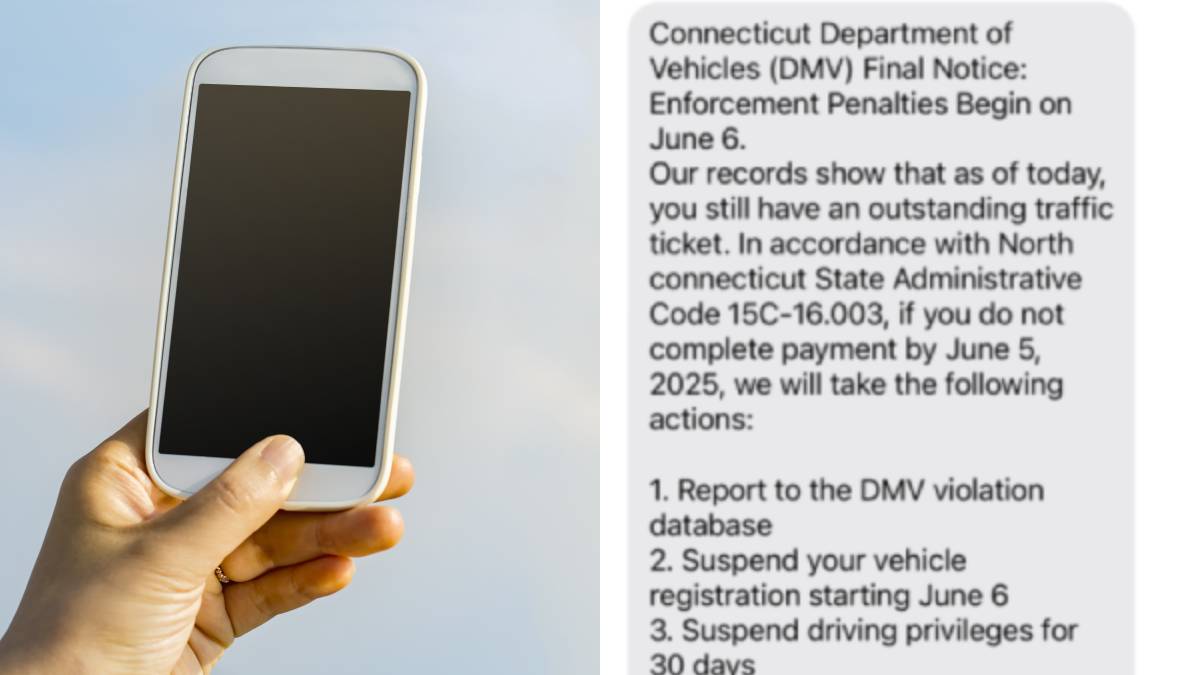Middletown is slated to be the first city in Connecticut to get speed enforcement technology added to the streets.
The Connecticut Department of Transportation recently approved the city's plan to add the technology in three spots.
Stream Connecticut News for free, 24/7, wherever you are.
Drivers that live in the city, say action to slow people down is overdue.
“I know there are several accidents just on this street,” Xiao Quing, who lives just off Washington Street in Middletown, said.
Get top local Connecticut stories delivered to you every morning with the News Headlines newsletter.
She said speed is out of control, our cameras catching plenty of people over the legal limit to make a yellow light.
“I’m for 'em, people fly on these roads, and it's time something needs to happen,” Joe Seagrave said.
Others immediately agreed.
Local
“Every section around here is awful,” Theresa Madera said.
Middletown’s plan was approved by CT DOT. Two of the systems are in school zones, near the Spencer Elementary School and the Moody School in the city. The third system is on Washington Street near the intersection with George Street.
“People run right through red lights, and so safety is definitely important,” Madera said.
For 30 days after installation, warnings will be dished out to drivers caught in the system, then fines start at $50 for the first offense, and all subsequent offenses run you $75.
The money goes back to road safety infrastructure or safety initiatives.
“That’s fine, speed is getting out of hand, we need to do something about it,” Seagrave said about the fines.
"It should be higher, definitely, definitely," Madera said.
Middletown is the third municipality to get the tech, along with Washington (the first) and Marlborough.
Another six are still in the planning phase, including Greenwich, Hamden, New Haven, Stamford, Stratford and Wethersfield.
“I don’t think people should take it as a scare tactic, it's law enforcement trying to ensure the safety of individuals,” Kimberly Przeszlowski with Quinnipiac University said.
She said the technology isn’t perfect, but has been adopted in plenty of states beyond Connecticut. It can also be very valuable, as long as it doesn’t replace police.
“these technologies are meant to be a deterrent, but when we talk about deterrent, we need to talk about displacement,” Przeszlowski said.
For those living in the community, it’s a welcome step toward safer streets.
“Definitely appreciate that,” Madera said.
We also found one woman who didn’t want to go on camera, who said she was concerned about privacy. That is also addressed in the plan.



